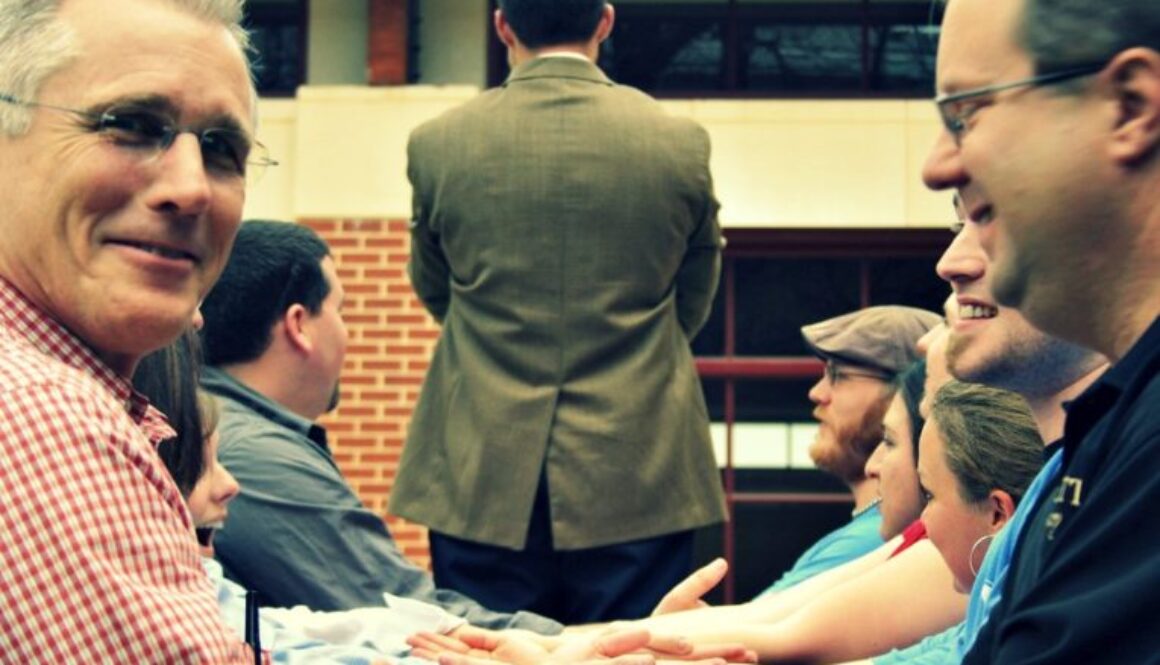
Exploring the StrengthsFinder Theme of Futuristic®
The StrengthsFinder Theme of Futuristic® can help a team envision a future that currently doesn’t exist. Sometimes it can be hard to see. Do you recognize those team members who might say, “I love when our team creates 10 year plans!”? During an interview, do you know people who light up when they are asked “Where do you see yourself in 5 years?”
They might not only light up, but have to sit on their hands trying to hold back their book of goals, plans, and ideas for what they want to accomplish in the next 10 or 20 years. These people might have the Strength of Futuristic®.
Definition of Futuristic®
People with the Strength of Futuristic® have an incredible ability to see the future. They are dreamers and perceivers of what could be, what might be, and then in turn direct their lives toward this future. This ability to see and explain the future is what draws them forward and excites them to pursue great accomplishments.
Of note: if this future gets a bit blurry or drastically changes for some reason, this same person may be perceived as lacking any motivation or ambition for the here and now. A clear vision to the future is the lifeblood of the person with the Strength of Futuristic®.
If you want to have a little fun with a person who has the Strength of Futuristic®, ask them how far ahead in time do you think and plan. Why? Because they are not typically thinking a month or two into the future, it is more like 5,10,15 years into the future.
Not only that, they strive to organize and work toward outcomes that are 10 years in the future. This long range view is exciting, very motivating and very normal for the person with the Strength of Futuristic®.
How Futuristic® Influences
The Strength of Futuristic® influences the way people think, work and relate – because each of these areas will have a forward lean to them, helping align and accomplish what needs to be done today in order to achieve a better tomorrow. People with Futuristic® often see people or situations in a better state than what they are today because the future is so concrete to them, even to the point of knowing details that have not yet happened.
This is a common outcome of Futuristic®, possibilities are so strong and clearly understood, even though nothing has happened. Yet, a Futuristic® might confuse their “Futuristic” reality and what really has occurred.
How Futuristic® is Generative
Futuristic® is generative by inspiring a sense of what is to come, or a creative way to plan for the future and solve today’s problems. When confronted with a challenge or problem, the person with Futuristic® can see beyond and refocus people by providing a “next step” for getting unstuck in the present.
Futuristic® can be a strong guiding force to for people to believe in, compelling leadership comes when a person with Futuristic® excites the imagination of others to want to work together to achieve a better future for all people.
Examples of Futuristic®
During crisis, it is wonderful to have someone with the Strength of Futuristic® around. When battling an illness, someone with Futuristic® reminds those who are suffering that pain is temporary. They inspire you to see beyond, because they see you in your future state of health, not in a current place of suffering. We have a friend with Futuristic® who just remodeled his first home. When he walked into the delapitated home, he saw it in his completed state. He saw the possibilities and imagined how the space would look, be decorated, and even imagined where the furniture would go and who would be eating at the table someday. Others, including his loved ones, just see a broken down structure and a whole lot of work.
Your Futuristic®
What does your Futuristic® look like? If you have the StrengthsFinder Theme of Futuristic®, how far out do you see?





